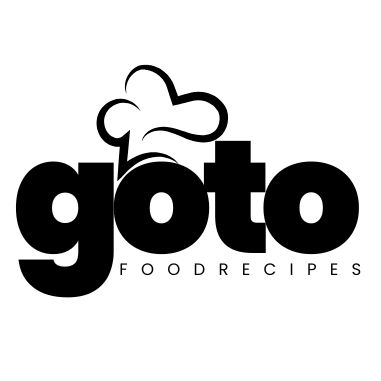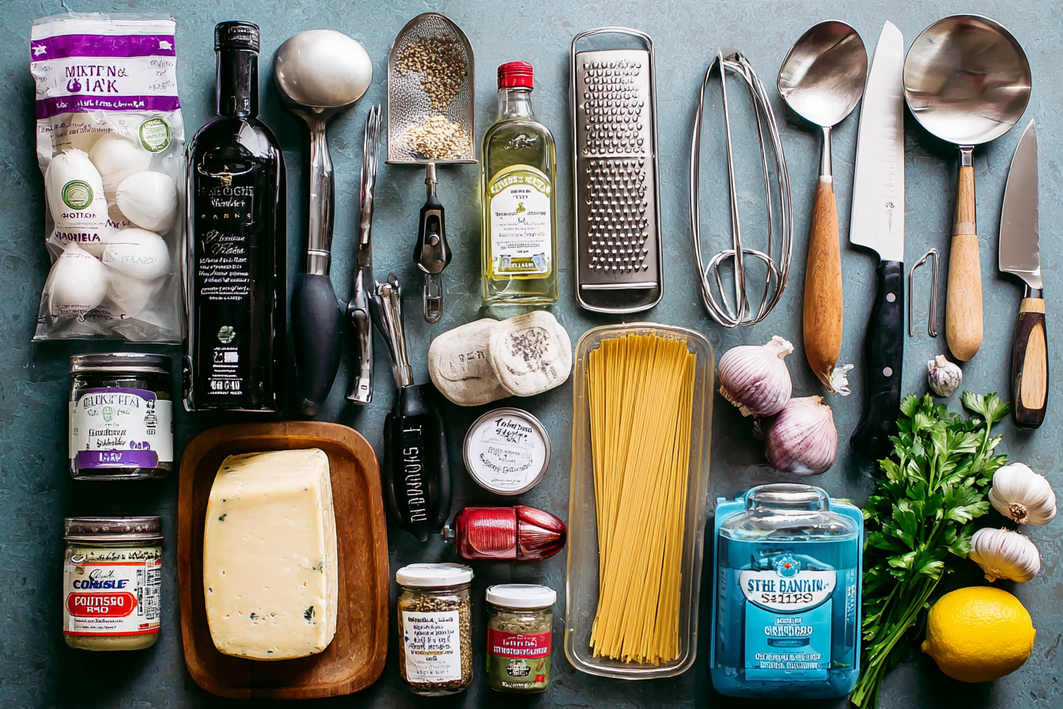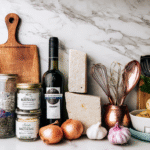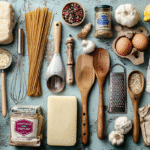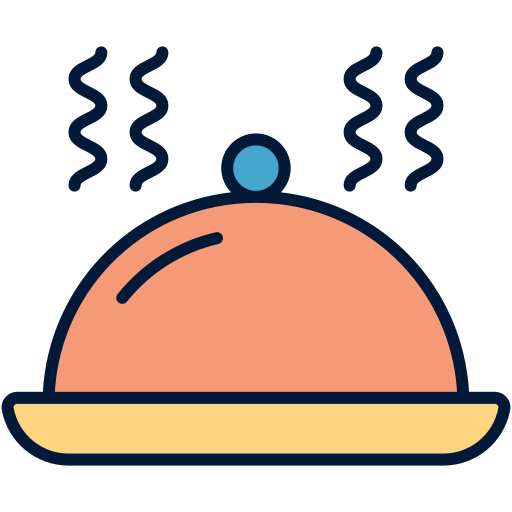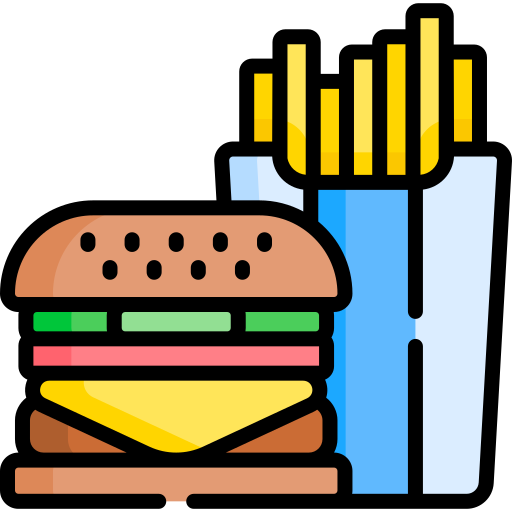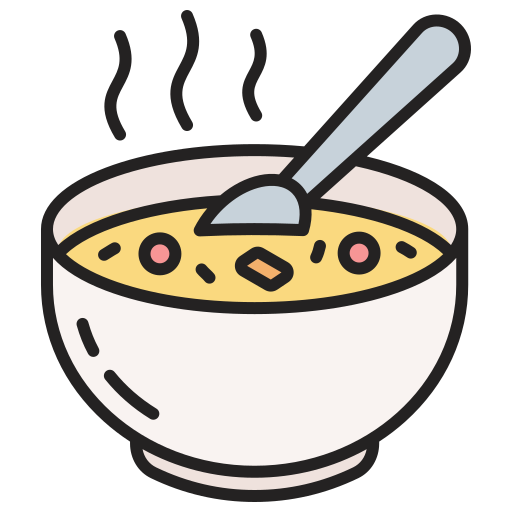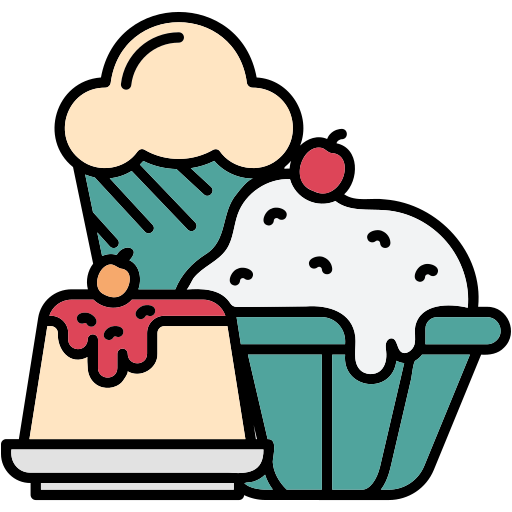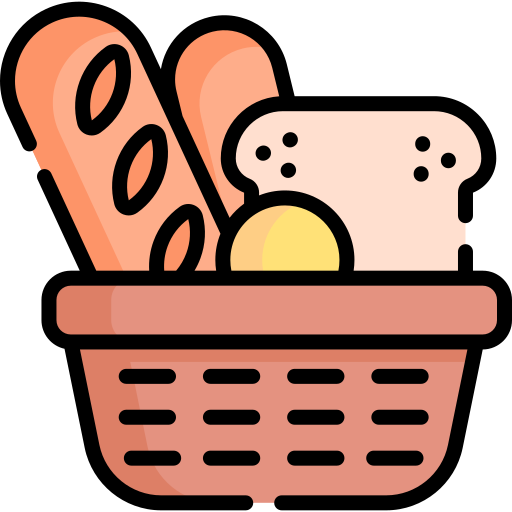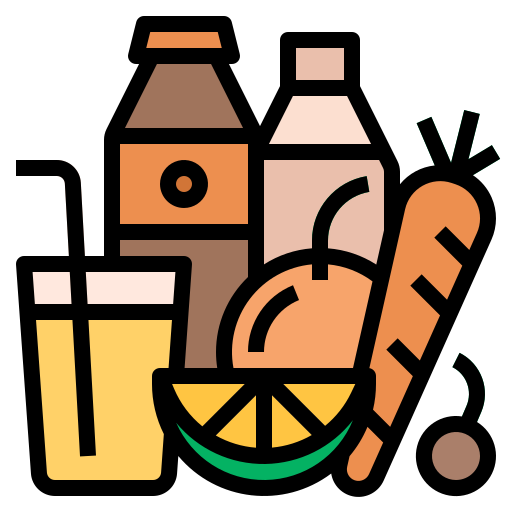Discover the ultimate Kitchen Essentials Guide to stock your culinary space with must-have tools and ingredients. Get started with smart tips today.
Kitchen Essentials Guide
Why You’ll Love It
Starting with the right kitchen tools and ingredients can make cooking more enjoyable and efficient. This Kitchen Essentials Guide covers everything you need to create delicious meals with confidence and ease. Whether you’re setting up your first kitchen or updating your current one, these basics will help you work smarter.
Ingredients
- Chef’s knife – a versatile, sharp blade for slicing and dicing.
- Cutting board – wood or plastic, essential for safe food prep.
- Measuring cups and spoons – for precision with liquids and dry ingredients.
- Mixing bowls – a variety of sizes for combining ingredients.
- Non-stick skillet – perfect for sautéing and frying without sticking.
- Saucepan – ideal for boiling, simmering, and sauces.
- Wooden spoon – gentle on cookware and great for stirring.
- Colander – for draining pasta, veggies, and washing produce.
- Basic pantry staples – olive oil, salt, black pepper, garlic, and other seasonings.
Step-by-Step Instructions
- Choose quality tools that feel comfortable and balanced in your hand, especially your chef’s knife.
- Layer your cutting boards by use (e.g., one for meats, one for vegetables) to prevent cross-contamination.
- Keep your measuring tools close at hand to speed up prep and improve accuracy.
- Use your mixing bowls to prep and combine ingredients in stages to stay organized.
- Season and heat your non-stick skillet properly before cooking for best results.
- Embrace simple cookware like saucepans for versatile stovetop uses.
- Stir with wooden spoons to avoid scratching cookware surfaces and for plusher texture control.
- Drain cooked ingredients thoroughly with a colander to improve texture and presentation.
- Maintain your pantry with staple items that suit your cooking style and rotate seasonally.
Explore more kitchen tips in Easy Weeknight Dinners and get inspired with Meal Prep Ideas. For expert advice, check resources like Food Network.
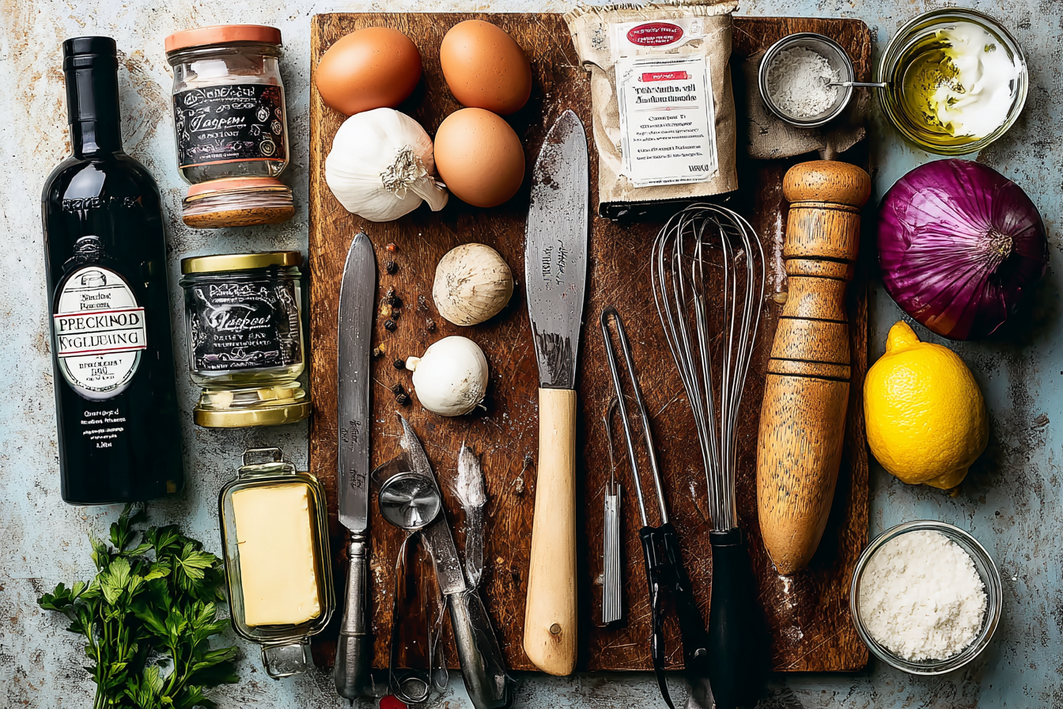
Expert Tips
Keep your knives sharp with regular honing and use a proper cutting surface like wood to preserve blade edges. Store measuring spoons nested together to save space. When selecting mixing bowls, consider glass or stainless steel for durability. Avoid overcrowding your skillet to ensure even cooking. Wooden spoons are less likely to harbor bacteria compared to plastic ones. Refresh your pantry staples seasonally to maintain freshness and variety.
Storage
Chef’s knives should be kept in a knife block or magnetic strip to prevent dulling. Cutting boards need to be cleaned thoroughly after use and can be sanitized by occasional vinegar rinses. Mixing bowls are dishwasher-safe but hand washing extends lifespan. Store non-stick skillets carefully to avoid scratches; avoid stacking heavy items on them. Saucepan and wooden spoon storage should ensure they dry completely to prevent mold. Keep pantry staples in airtight containers away from light and heat.
Variations
You can adapt your kitchen essentials to fit specific dietary needs easily. For vegan or plant-based kitchens, include tofu presses and spiralizers. Gluten-free kitchens benefit from dedicated cutting boards and toasters to avoid cross-contact. Dairy-free cooks might add non-dairy milk frothers and silicone molds. For refined sugar-free cooking, stock natural sweeteners like honey or maple syrup and adjust measuring spoons accordingly.
FAQ
- What are the must-have tools in a kitchen essentials guide?
- Essential tools include a quality chef’s knife, cutting board, measuring cups and spoons, non-stick skillet, saucepan, wooden spoon, and colander.
- How do I maintain my kitchen essentials?
- Store knives properly, clean cutting boards to avoid cross-contamination, wash bowls and utensils gently, and keep pantry items in airtight containers.
- Can I customize my kitchen essentials guide for dietary needs?
- Yes, you can include specialty tools and ingredients that suit vegan, gluten-free, dairy-free, or sugar-free cooking preferences.
- Why is the Kitchen Essentials Guide important for beginners?
- This guide helps beginners set up an efficient kitchen with reliable tools and ingredients, making cooking less intimidating and more enjoyable.
Call to Action
We’d love to hear about your kitchen favorites! Share your own must-have tools and pantry staples in the comments below. Don’t forget to save this Kitchen Essentials Guide for easy reference and share it with friends starting their cooking journey.
Find more inspiration in our Kitchen Organization Tips and Essential Cooking Techniques.


